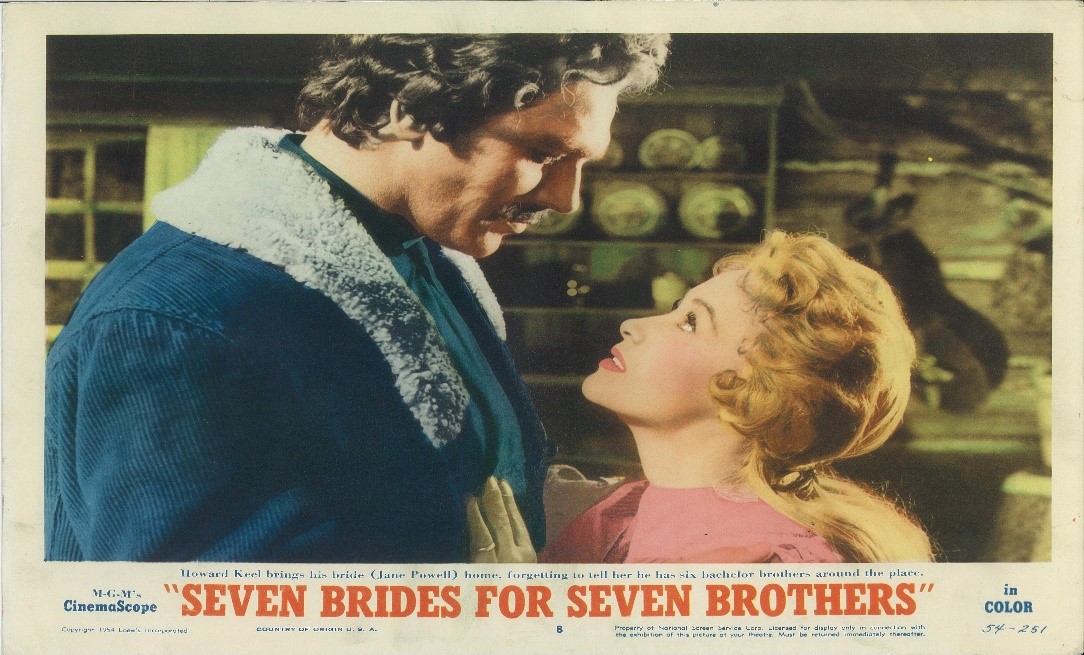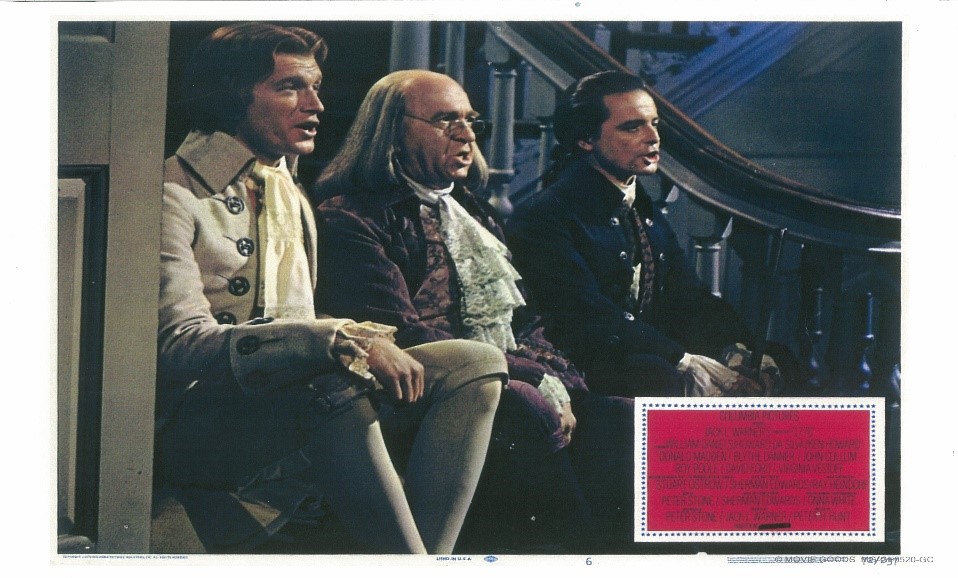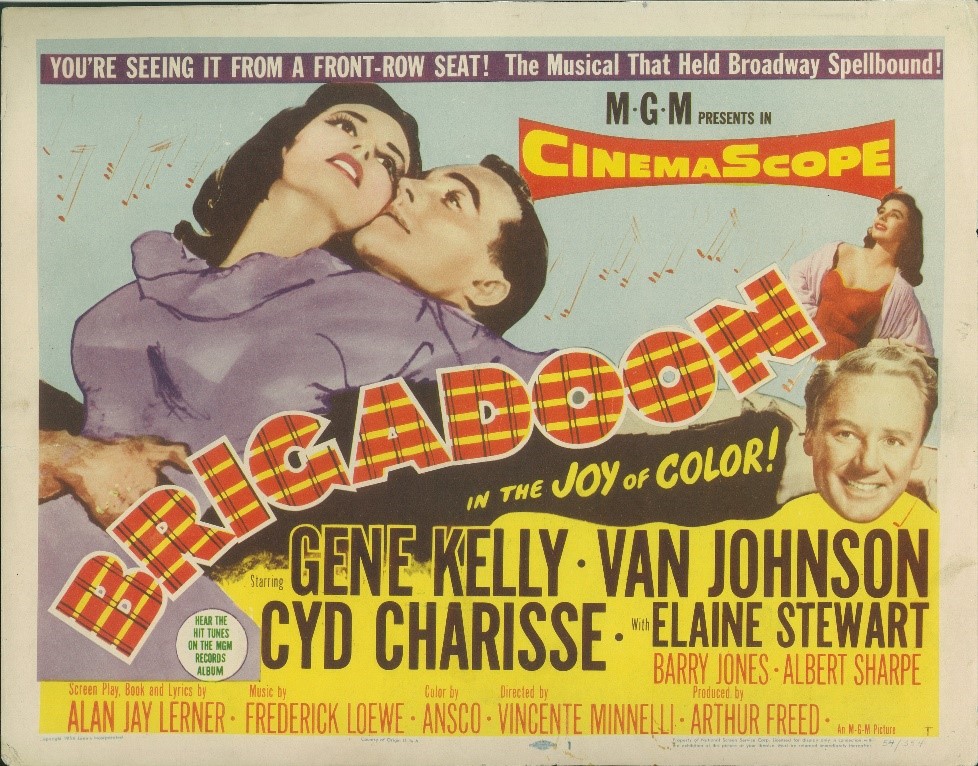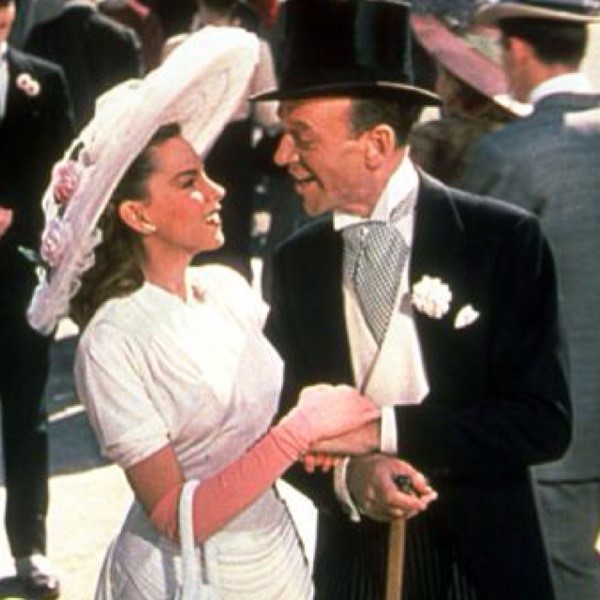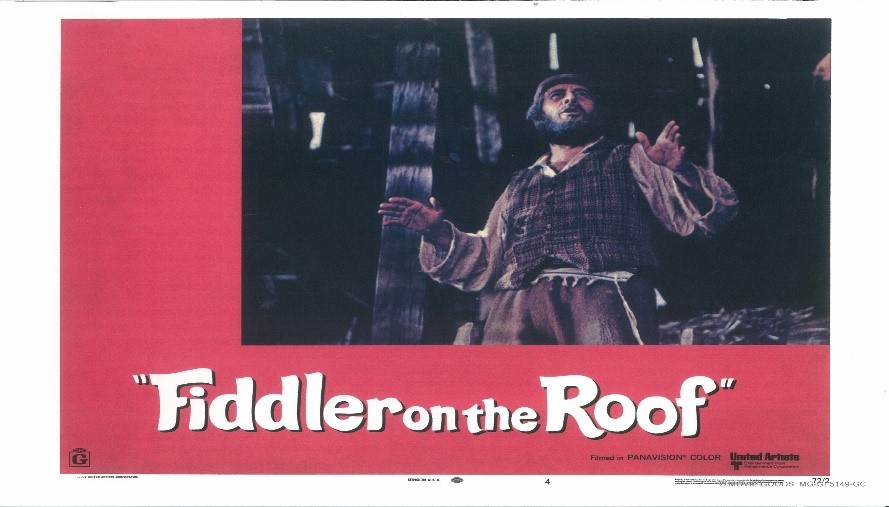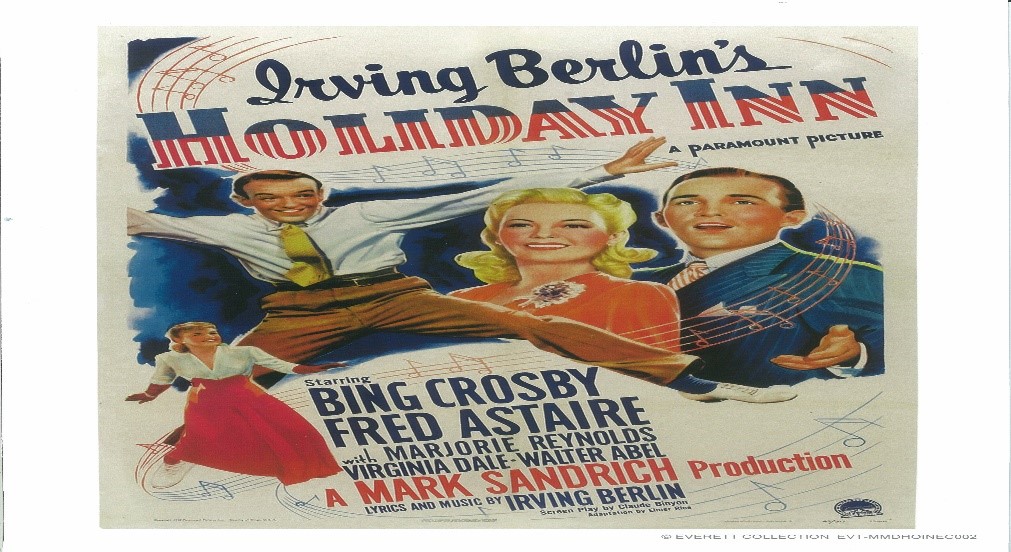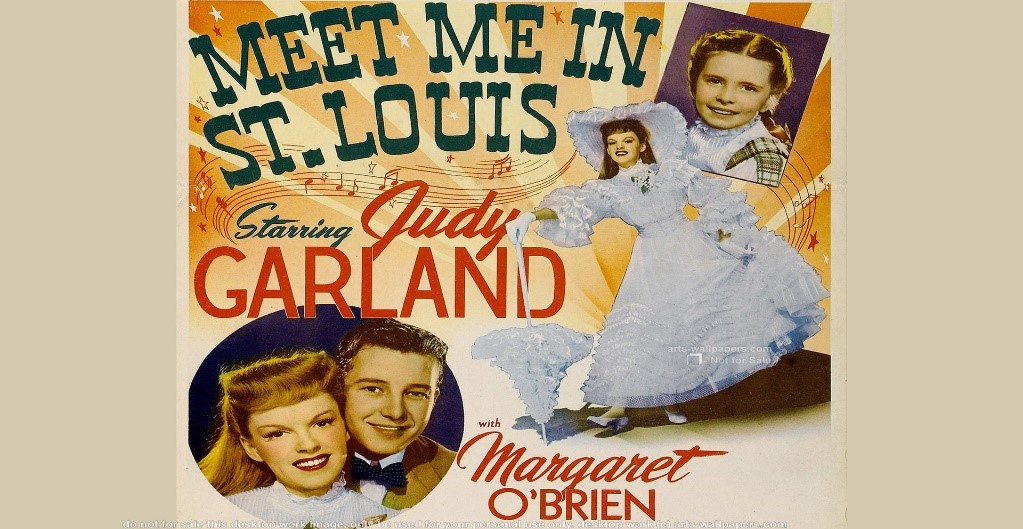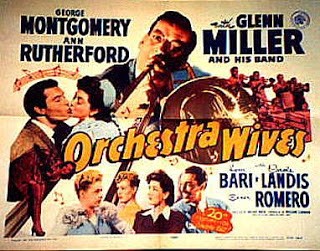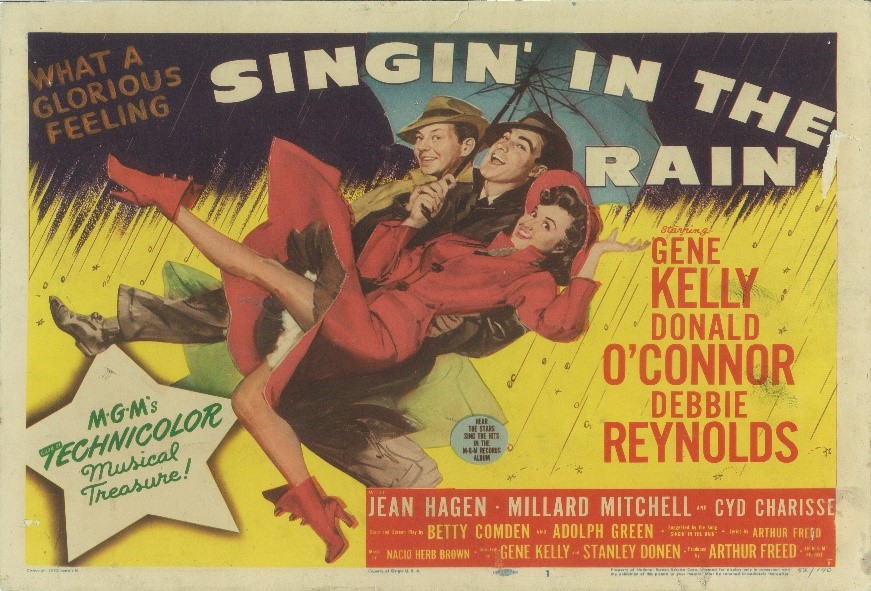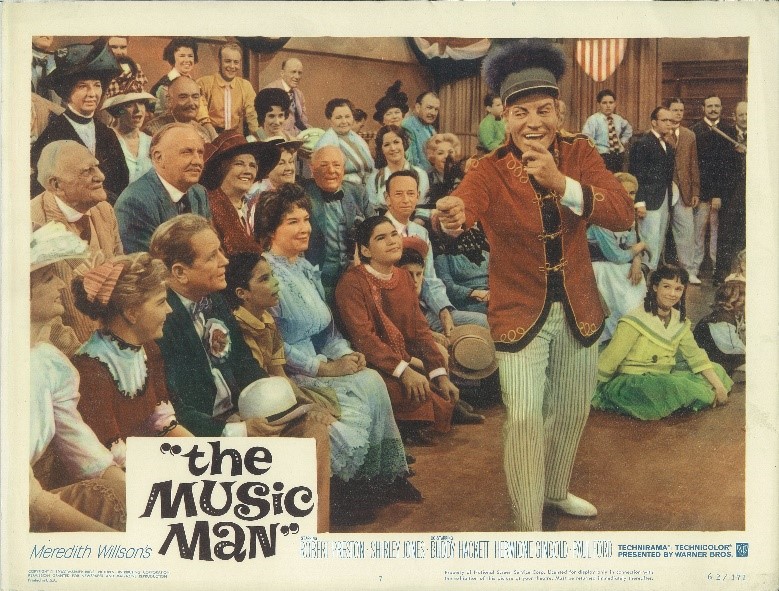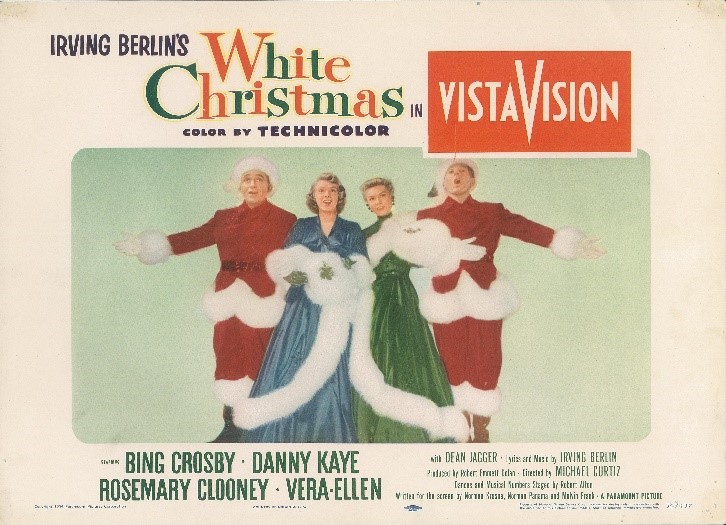“Hello darkness, my old friend. I’ve come to talk with you again…People talking without listening… (Simon and Garfunkel, 1964)
This month as the summer rains of August segue to September, with the rustle of leaves underfoot, children returning to school, families returning to work and lives far removed from lazy summer days, we travel to the Anatevka, where we meet "master of the house", Teyve. His daughters however, find him to be someone who is “talking without listening.”
Welcome to the September, 2017 Edition~ Fiddler on the Roof
Talking without listening. A communication exchange is a sharing of ideas, thoughts and feelings. One partner communicates while the other listens. Without the ability to listen there can be no equality or resolution in the exchange.
Tevye, Golde, and the Daughters can be great character studies in the art of listening while simultaneously demonstrating how this film resonant with audiences four decades later.
Tevye, a simple man with a simple wish, to marry his three eldest daughters into better lives. A better life to a poor man means money, “to build a big fine house with rooms by the dozen right in the middle of the town.” Money which Lazer Wolfe, the Butcher has, and wants to give it to Tevye as a dowry for his daughter Tzietel.
As Tevye listens to Lazer describe the life he will give Tzietel, (“To Life”), Tzietel has different ideas. Her attempts to express these ideas to her mother, Golde (“But Mama, I’m not yet 20 years old and the butcher is so old…when I look at him…) fall on deaf ears (– “a husband isn’t to look at – a husband – is to get!”).
When Golde describes Tzietele’s relationship with Motel, to the matchmaker, (“they laugh they talk, they play.”) She is unaware of the depth of feeling her daughter is developing for another young man, because she is unable to listen.
Take the time to discuss Golde as a character with all your clientele. What motivates her to push her eldest into an arranged marriage?
Is it only monetary comfort she seeks?
What advice should she or could she give to her daughter about marriage?
When she examines her life with her husband of more than 20 years what does she discover? (“Do You Love Me?")
If she does not listen to her daughter, to whom does she listen?
Why does she believe in the power of dreams?
As Tzietel and Motel seal their engagement by telling Tevye, (“Over a year ago we gave each other our pledge that we would marry”) Tevye, in anger refuses, shouting, “Tradition…who decides? The Papa! It is not until Tzietel kneels at his feet and begs, that he listen, does he.(“look at my daughter’s eyes, she loves him!” ) He consents, (“when shall we make the wedding?”)
It is this scene, and others, (Hodel and Perchik: “You don’t understand papa; we are not asking for your permission only for your blessing.” Chava and Fyedka: “The world is changing Papa!”), that make Tevye a great character study as he changes from absolute ruler,”who has the final word at home”, to a man who would allow his daughters to marry whom they choose, (“We love each other Papa!”), and even bless those with whom he has had to break all ties. (To Chava and Fyedka: “May God go with you.”)
As you examine Tevye: Consider his upbringing, the social and cultural constraints of village life, the changes that war and prejudice bring to his life, from outside his own village and from within? Does a changing world make a space for a traditionalist?
The Daughters: As our story begins, each knows and respects her place in the family and is prepared to live by those traditions. However, when times change we find the daughters have very different ideas about their place in the family and by extension the world.
Each daughter has chosen for herself. (“We gave each other a pledge.” Tzietel; “Closing my heart to every hope but his. Leaving the home, I love. There where my heart has settled long ago, I must go, I must go, I must go.” Hodel; “We want to be married!” Chava).
As these women break with tradition, to become independent and empowered, they are great character studies in a changing world. They demonstrate the ability to know what they want and get it, despite a society that does not listen to them, or recognize them as equals.
As the world around them changes, all those forced from their homes, share blessings, and listen for news of the new world that awaits them.
Take time to explore, talk, and develop your listening skills as the sun rises and sets this month on Fiddler on the Roof
To Our Friends and Fans attending the MassCap Convention Sept 7-8 at the Four Points Sheraton Hotel & Conference Center in Wakefield, MA
Although other commitments keep us away from a booth in the exhibit hall this year, look for our promotional materials throughout the exhibit hall all weekend! Then Grab Your Guide at www.moviesandmusic.biz
Have a Great Gathering!
Great News!
Movies and Music and our parent company, LKY Therapies, LLC will be bringing all our friends and fans some exciting news this fall!
Keep Your Eyes on Us!
~Lori
Nice post, very informative... Good luck with your site, wishing health!
Nice post, very informative... Good luck with your site, wishing health to all your family!

